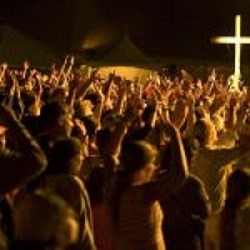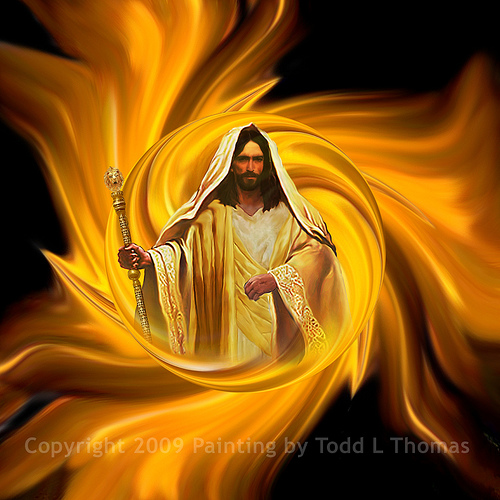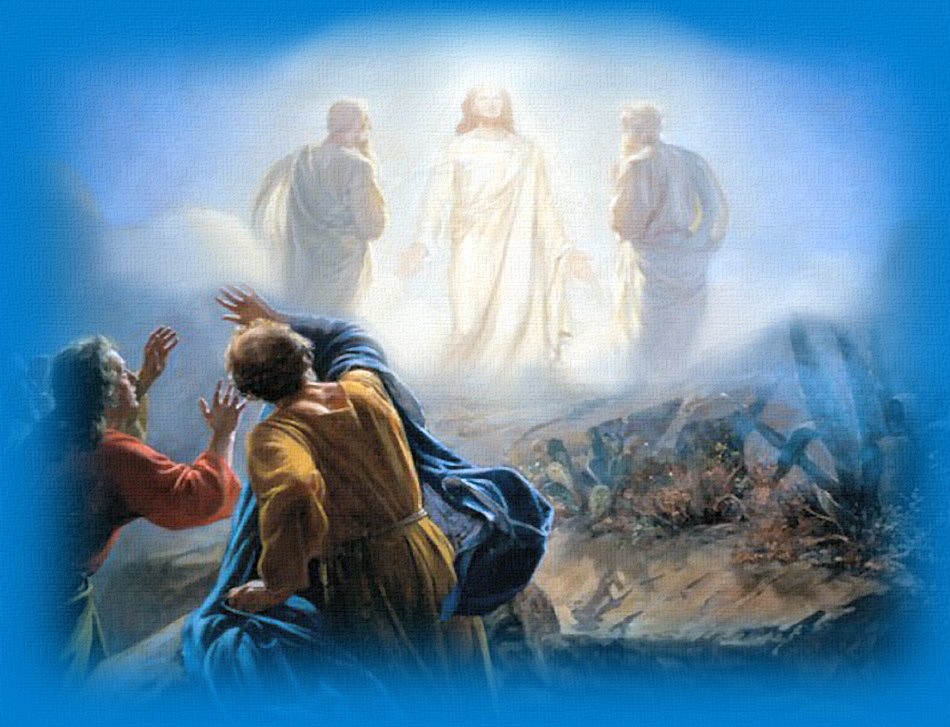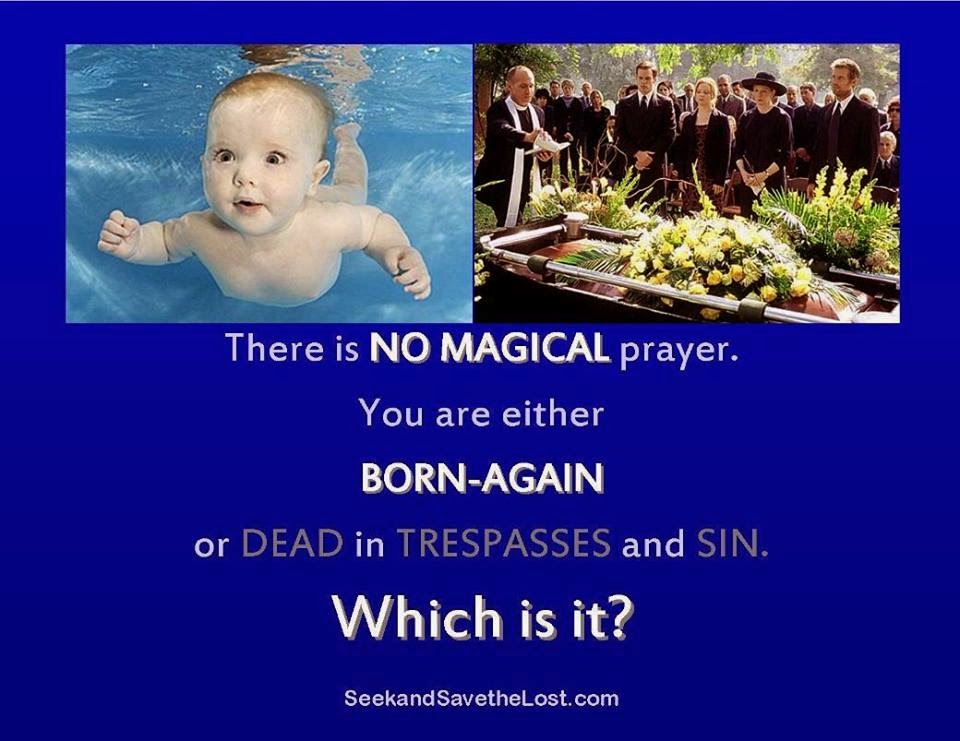SOTERIOLOGY MINUS JESUS [II]

(…continued from part one…)
II) The words of Jesus in John 15:5 which reads, “I am the vine, ye are the branches: He that abideth in me, and I in him, the same bringeth forth much fruit: for without me ye can do nothing;” speaks of divine mutuality of abidance. How can this actuation i.e. the mutuality of abidance be perfected by Jesus? It is simply because without Him there is no salvation. Without soteriological doability, the Adamic race is doomed. Who are the ‘burnt branches’ of the 6th verse? Could it be in reference to His disciples? Verse 3, which says, “Now ye are clean through the word which I have spoken unto you;” is in reference to His disciples, ergo, they could not lose their salvation.

Abiding branches are absolutely saved souls
I have here a commentary on John 15:5-6: “What did Jesus mean by these symbolic words about vine branches being burned? These words have been interpreted in at least three ways: (1) The “burned” branches are Christians who have lost their salvation. (But this contradicts many passages, e.g., 3:16,36; 5:24; 10:28-29; Rom 8:1.) (2) The “burned” branches represent Christians who will lose rewards but not salvation at the judgment seat of Christ (1 Cor 3:15). (But Jesus spoke here of dead branches; such a branch is thrown away and withers.) (3) The “burned” branches refer to professing Christians who, like Judas, are not genuinely saved and therefore are judged. Like a dead branch, a person without Christ is spiritually dead and therefore will be punished in eternal fire (cf. Matt 25:46). Judas was with Jesus; he seemed like a “branch.” But he did not have God’s life in him; therefore he departed; his destiny was like that of a dead branch. (from Bible Knowledge Commentary/Old Testament Copyright © 1983, 2000 Cook Communications Ministries; All rights reserved.)”

Soteriology wraps us, eternally, in His righteousness.
The Bible is so clear about who Jesus Christ is. Jeremiah 23:6, “In his days Judah shall be saved, and Israel shall dwell safely: and this is his name whereby he shall be called, THE LORD OUR RIGHTEOUSNESS.” I do have here an interesting commentary. “[And this is his name whereby he shall be called. THE LORD OUR RIGHTEOUSNESS.] I shall give the Hebrew text of this important passage: wzeh shemow °sher yiqr°ow Yahweh tsidqeenuw, which the Septuagint translates as follows, Kai touto to onoma autou ho kalesei auton Kurios, Iosedek, “And this is his name which the Lord shall call him, Josedek.”
Dahler translates the text thus:
Et voici le nom dont on l’appellera:
L’Eternel, Auteur de notre felicite.
“And this is the name by which he shall be called; The Lord, the Author of our happiness.”
Dr. Blayney seems to follow the Septuagint; he translates thus, “And this is the name by which Yahweh shall call him, OUR RIGHTEOUSNESS.” (Adam Clarke’s Commentary, Electronic Database. Copyright © 1996, 2003, 2005, 2006 by Biblesoft, Inc. All rights reserved.)

Adam Clarke felt for those whose contrary view see this verse as a scriptural cursor to Christ’s Divinity. I quote from his commentary, “I doubt not that some persons will be offended with me for depriving them, by this translation, of a favourite argument for proving the Divinity of our Saviour from the Old Testament. But I cannot help it; I have done it with no ill design, but purely because I think, and am morally sure, that the text, as it stands, will not properly admit of any other construction.”

My understanding of this Scripture is that, it speaks of the Christ being the righteousness of Christians, ergo, His Divinity. Even if I have to agree with Adam Clarke, in that Christ is designated “Our Righteousness” by Yahweh, what does it bespoken? Yahweh’s use of the possessive ‘Our’ makes the Christ, the Divine Righteousness of both the Eternal Father and the Holy Spirit! Now, which is more awe inspiring, that Christ is the righteousness of Adamic humans or the righteousness of the Divinity of the Father and the Holy Spirit? So, Adam Clarke, whether this Jeremiah 23:6 says Christ is the righteousness of His body, the Church, or that of the Eternal Ones, it means the same: for Jesus Christ, by the understanding of this Scripture, is very God of very God. Amen!

Incontrovertible is the facticity that Jesus is the key to eternal salvation. Acts 4:11-12 “This is the stone which was set at nought of you builders, which is become the head of the corner. 12) Neither is there salvation in any other: for there is none other name under heaven given among men, whereby we must be saved.” These four verbal words, ‘was set at nought,’ from this verse, is one Greek word, exoutheneo (ex-ou-the-ne’-ō), meaning: ‘contemptible, despise, least esteemed.’ The next word is ‘head’ and it is kephale (ke-fa-lee’) which has the figurative meaning of ‘source, origin; the head (as the part most readily taken hold of) [from the primary kapto “in the sense of seizing”].’ ‘Salvation’ is soteria (sō-tee-riy’-a) ‘1. (the state of) safety. 2. (the quality of) preservation from harm and danger. 3. (properly, abstract) salvation (i.e. an act of rescue or saving). 4. (specifically) Salvation from Moral Failure and Death into Eternal Life through the Anointed-One, Jesus (Yeshua).’ While ‘name,’ onoma (o’-no-ma) is ‘authority, character,’ ‘saved’ is sozo (sō’-zō), meaning: ‘to save, i.e. deliver or protect.’

Get born again. Say this simple prayer, believing it with all your heart. Say:
“Dear heavenly Father, I come to You now in the name of Jesus Christ. I believe in my heart that Jesus is the Son of God. I believe that Jesus died on the cross for my sin. I believe that You raised Him from the dead. I confess with my mouth that Jesus is Lord and I receive Him now as my Lord and my Saviour. I give God all the glory. Amen!”
(…to be continued…)
Read part one here
Click here to read part three
Visits: 92


